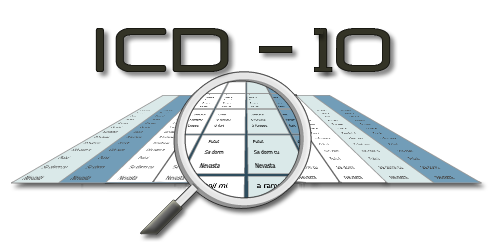Morbid obesity is a term used to refer to patients who are 50- 100% or 100 pounds above their normal body weight. A body mass index (BMI) of 39 is commonly used to identify this Obesity patients.
High Obesity or fatness is a serious medical condition that can interfere with one’s basic physical functions such as breathing and walking. Those people who are morbid obese stand a greater risk of developing other chronic illnesses such as diabetes high blood pressure heart diseases and cancer.
Obesity is a condition that describes excessive high accumulation of body fat or adipose tissue in relation to lean body mass (LBM). The amount of body fat in the fat takes into consideration the distribution of the fat in the body and the size of adipose tissue deposits.
Obesity is notably known to cause complicated pregnancies childbirth and puerperium.
Obesity as a health condition is mainly classified in chapter IV of Endocrine nutritional and metabolic diseases. Under this chapter Obesity and other Hyper alimentation are given the codes E66.0 to E66.9
These codes are defined as follows:
High Obesity or fatness is a serious medical condition that can interfere with one’s basic physical functions such as breathing and walking. Those people who are morbid obese stand a greater risk of developing other chronic illnesses such as diabetes high blood pressure heart diseases and cancer.
Obesity is a condition that describes excessive high accumulation of body fat or adipose tissue in relation to lean body mass (LBM). The amount of body fat in the fat takes into consideration the distribution of the fat in the body and the size of adipose tissue deposits.
Obesity is notably known to cause complicated pregnancies childbirth and puerperium.
ICD-10 Codes for Obesity and Morbid Obesity
International statistical classification of diseases and related health problems 10th revision is a coding system used to categorize diseases signs symptoms and abnormal findings as classified by the World health Organization.Obesity as a health condition is mainly classified in chapter IV of Endocrine nutritional and metabolic diseases. Under this chapter Obesity and other Hyper alimentation are given the codes E66.0 to E66.9
These codes are defined as follows:
- ICD 10 Code E66.1 Obesity induced by the use of drugs.
- ICD 10 Code E66.2 Extreme obesity with alveolar hypoventilation
- ICD 10 Code E66.8 Morbid obesity
- ICD 10 Code E66.9 Unspecified obesity (Simple Obesity NOS)


Post a Comment
Webmaster reserves the rights to edit/remove comments that is found irrelevant, offensive, contain profanity, serves as spam or attempts to harbor irrelevant links. Please read our Comments Policy for details.